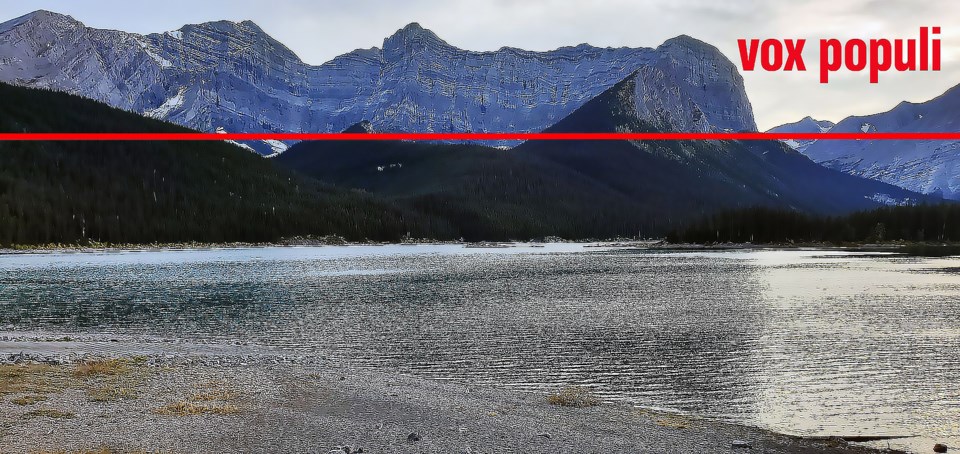Editor:
Contrary to a letter in the June 13 edition of the Outlook “climate difficult issue to discuss”, climate science is not difficult to discuss, provided you remove denier rhetoric from the conversation.
The International Panel on Climate Change (IPCC) was established to provide the world with a clear scientific view on the current state of knowledge involving climate change and its potential environmental and socio-economic impacts, gathering information and summarising the results of independent scientific research studies from across the world.
The reports and summaries produced by international teams of scientific experts are subject to two independent reviews to ensure they are accurate, complete and balanced.
After the first review by independent scientists from around the world, a second is provided by other experts and governments. Sometimes there are minor disagreements but few mistakes in the scientific processes, computer modelling, or data collected. Scientists are generally not radical political activists.
Conservative self-doubters, scientists rigorously test contrary claims to their own findings with the result that their work is revised, more rigorous, reliable, accurate and conclusive. Compare this to the unsupported opinion that the motive of The Guardian’s reporting the fear expressed by 400 scientists about climate change as (i) “spreading hysteria and sensationalism”, an example of the media (ii) “sensationally misrepresenting findings” and (iii) “The Guardian could have found nearly 400 top scientists who felt exactly the opposite”.
The so-called sensationalist Guardian obviously missed a golden opportunity to sensationalize when it failed to find the writer’s imaginary contrary scientists. We have the “privilege to believe whatever we (you) want” but this should not be the basis for sound ethical decision-making.
Like the free speech advocate who screams “fire” in an overcrowded theatre, unfounded denials of reality are potentially dangerous. They encourage doing nothing about the devastating effects of climate change, putting all of us on this planet in danger.
Jim Gough,
Canmore



